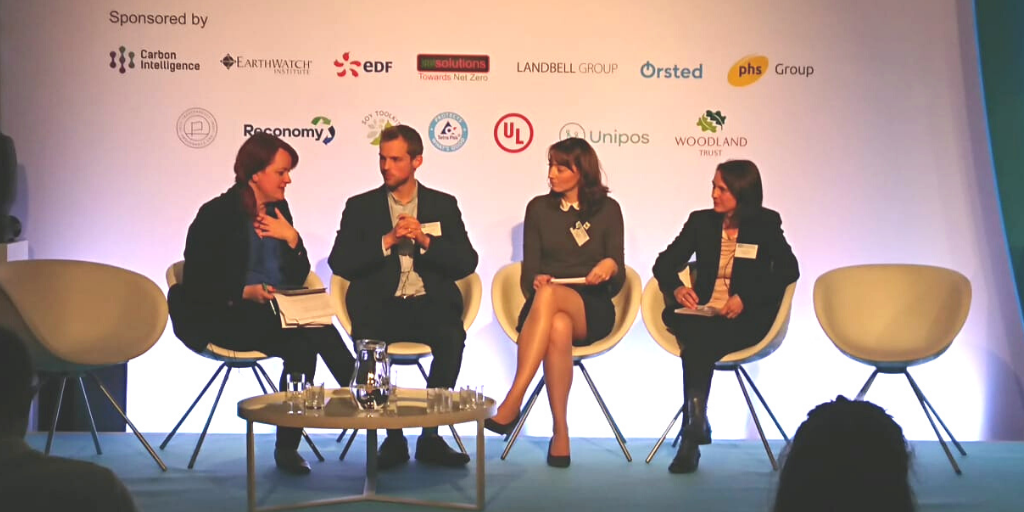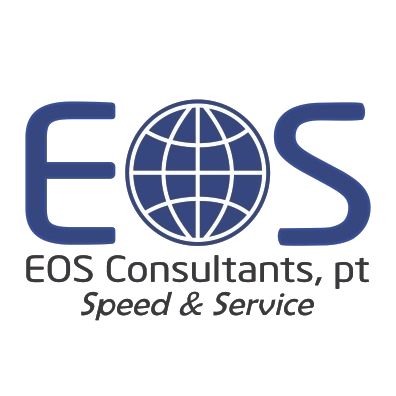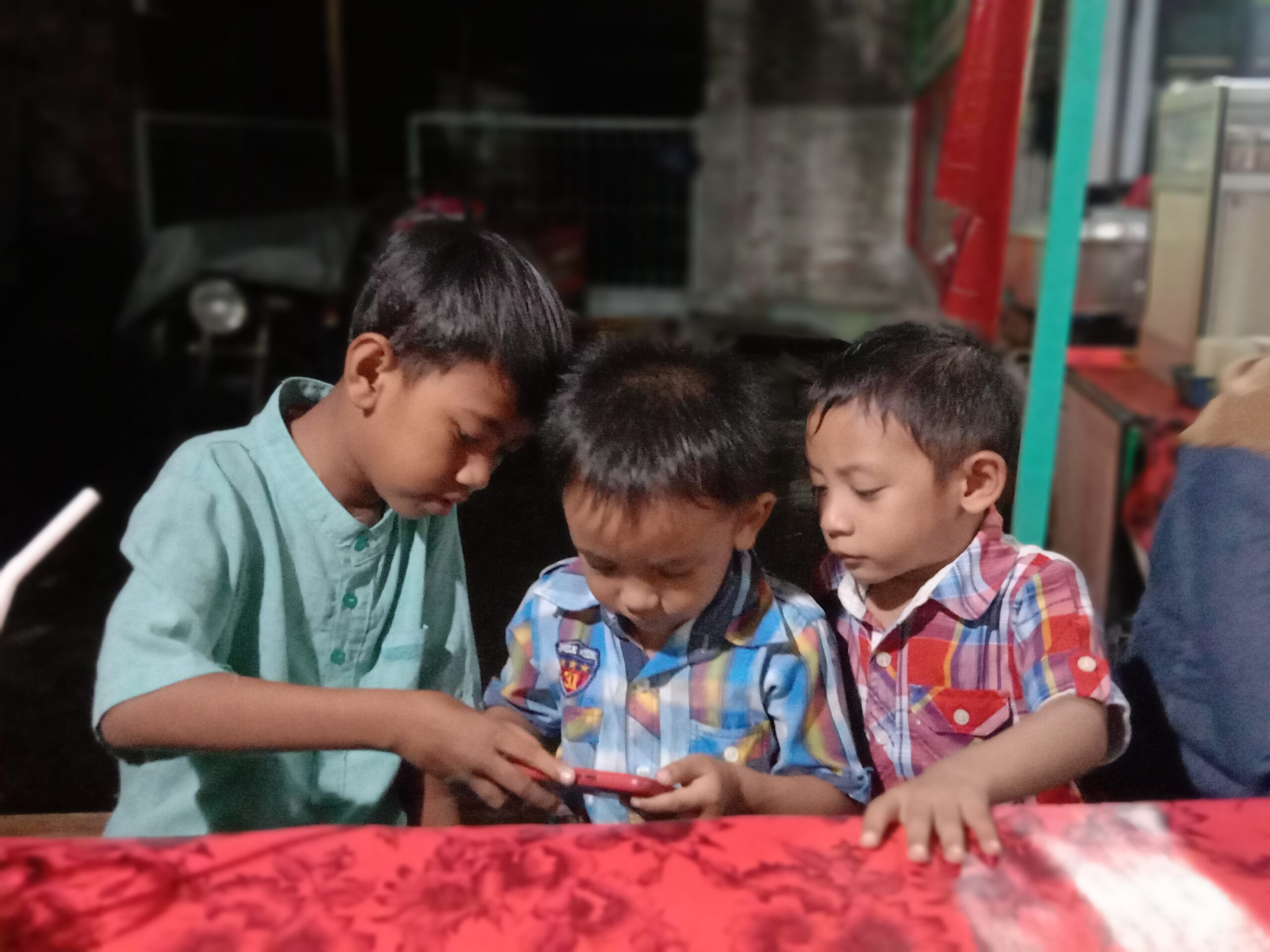

Our Programme Director, Sophie Higman, spoke at the edie Sustainability Leader’s Forum 2020, discussing ‘Embedded soy in the average shopping basket’ alongside Emma Keller, Head of Commodities at WWF and Laurence Webb, Responsible Sourcing Manager at Tesco.
SOY: THE HIDDEN INGREDIENT
The average shopping basket contains cooking oil, margarine, chicken, bacon, fish and cat food among other things. These all need soy to be produced – be it as an ingredient or to feed the animals that go into these products. In fact, 70–75% of the world’s soy ends up as feed for chickens, pigs, cows and farmed fish.
This mean these products all have a soy footprint. But, does this also mean a deforestation footprint?
Recent research attributes 13% of all deforestation in Latin America to the expansion of soy. It’s considered the 2nd most important deforestation driver on the planet, after cattle ranching.
This hidden ingredient in your shopping basket – or your company’s supply chain – could be associated with environmental and social issues, including deforestation, labour rights infringements and land conflicts.
UNDERSTANDING THE SOY FOOTPRINT
Which products in your supply chain might have a risky footprint?
To gain a broader sense of a company’s exposure to soy, and therefore soy-related issues, Sustainability and Sourcing teams need to start by analysing the soy footprint of their supply chain to understand how much embedded soy is in a given product.
For chicken, estimates range from 0.383 per kg of carcass weight (Consumer Good Forum, 2016) to 0.958 per kg (Profundo).
McDonald’s has developed their own Soy Calculator which has helped them answer these questions for their own chicken supply chain and to plan for further engagement with their suppliers. Proforest is partnering with them on this journey.
Once a company has an idea of its soy footprint, what can it do to ensure it is not associated with social and environmental issues and, if it is, how to address them?
TAKE ACTION – THE SOY TOOLKIT
Proforest has developed the Soy Toolkit: a one-stop-shop of resources to support companies on their sustainable soy sourcing journey. The Soy Toolkit gathers a very wide range of resources companies can build on to ensure soy is responsibly produced and sourced.
We provide a 5-step framework to support companies with the implementation their soy policies:
- Assess and plan implementation
- Understand supply chain risks
- Engage suppliers
- Establish a purchase control system
- Monitor, verify, report
Within each element of the framework is a thorough review of relevant initiatives – this includes tools that are appropriate for companies far from the production level such as retailers and food or feed manufacturers.
One such tool to help you understand supply chain risks is the Soy Scorecard developed by WWF. These publicly available scorecards allow you to have a broad understanding if a company you buy from has a procurement policy and programme in place to ensure soy is not associated with environmental and social issues.
If suppliers are not managing risks in a way that meets your policy or commitment, you can prioritise them for further engagement and agree on action plan.
Further still, the Soy Toolkit can help you to monitor progress. We provide examples of good practices on reporting and real examples of what companies are doing.

